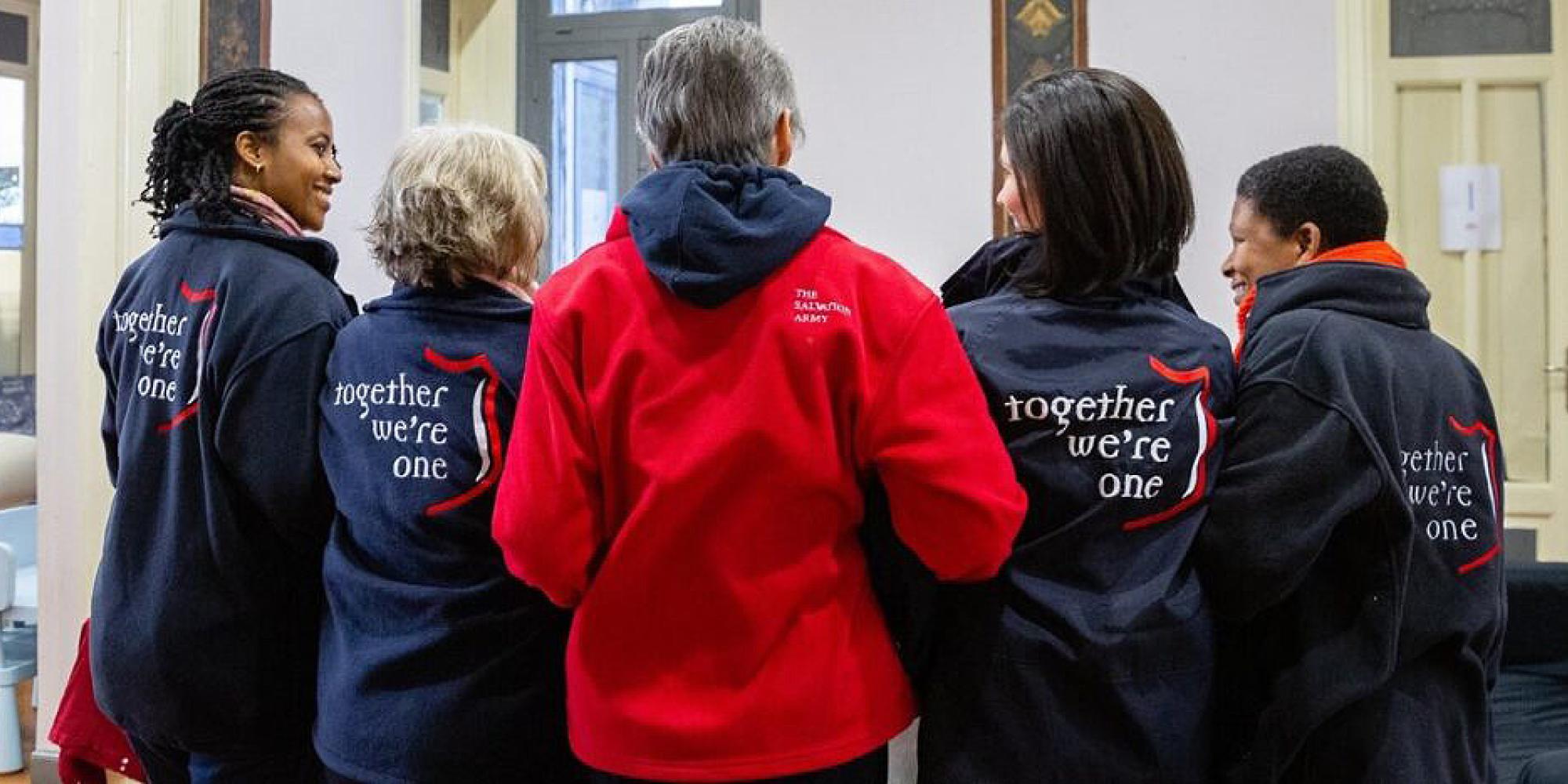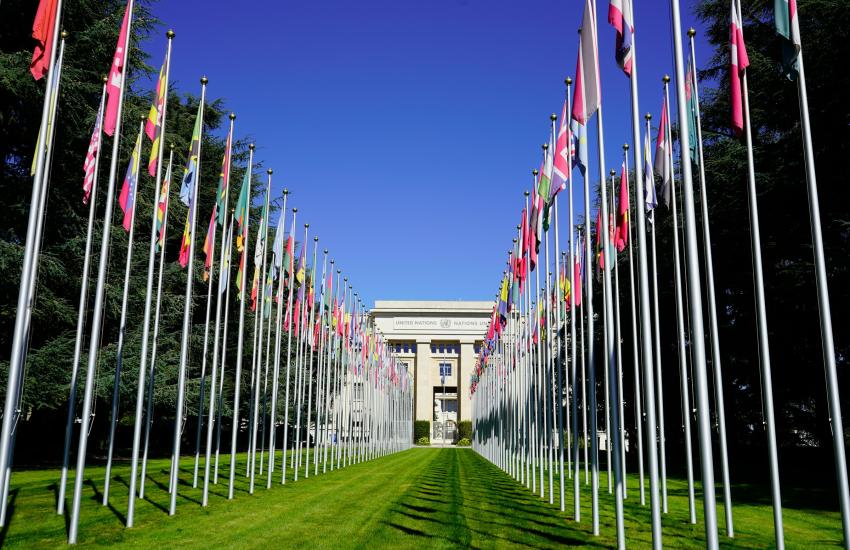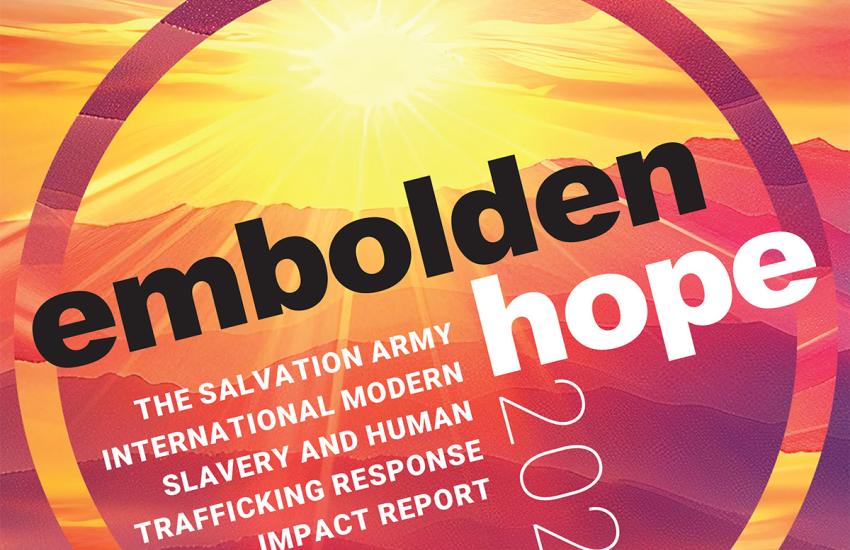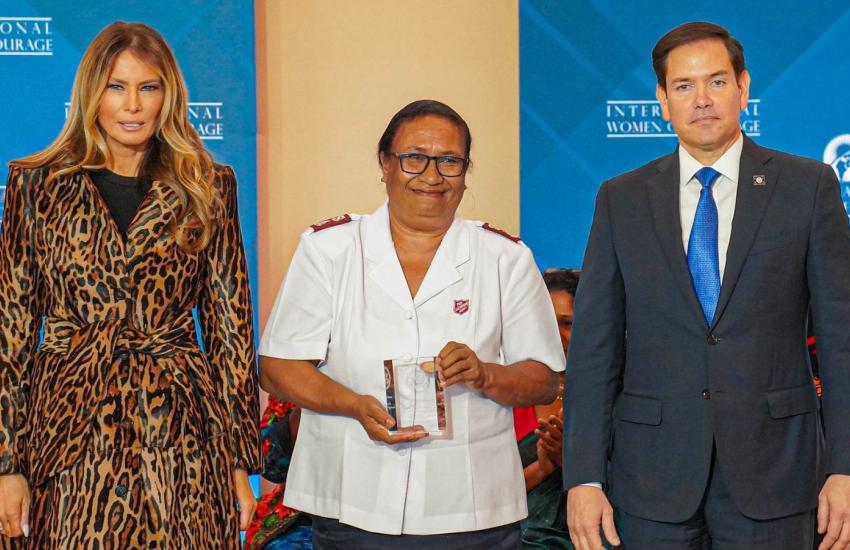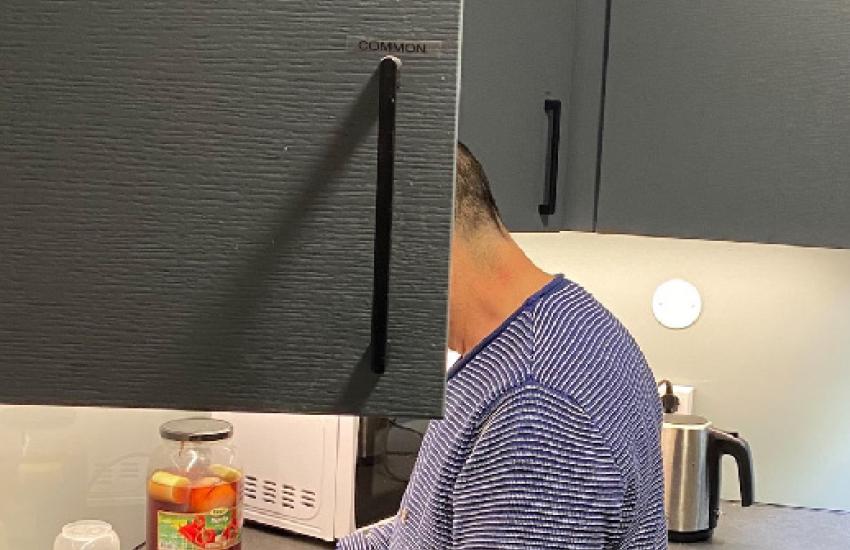On World Day against Trafficking in Persons, The Salvation Army continues reaching out with a message of hope as we partner together worldwide in the fight against modern slavery and human trafficking (MSHT).
One example of the Army’s work is the Green Light Project in Greece. This community-based centre in Athens’ red-light district supports women who are undergoing sexual exploitation and trafficking and their children with a range of services and programmes. The project team walk alongside survivors as they regain their physical and emotional health and gradually reintegrate into society.
The journey out of modern slavery
Rebecca Misthou, Green Light Project and Anti-Human Trafficking Developer of The Salvation Army’s Italy and Greece Territory, says: ‘It is with joy that we share that over the past three years, we have started seeing changes in the red-light district of Omonia since several women with whom we have been case working are transitioning out and have exited MSHT. It has been a long journey as they have been encountering many challenges and trauma yet moving forward.’
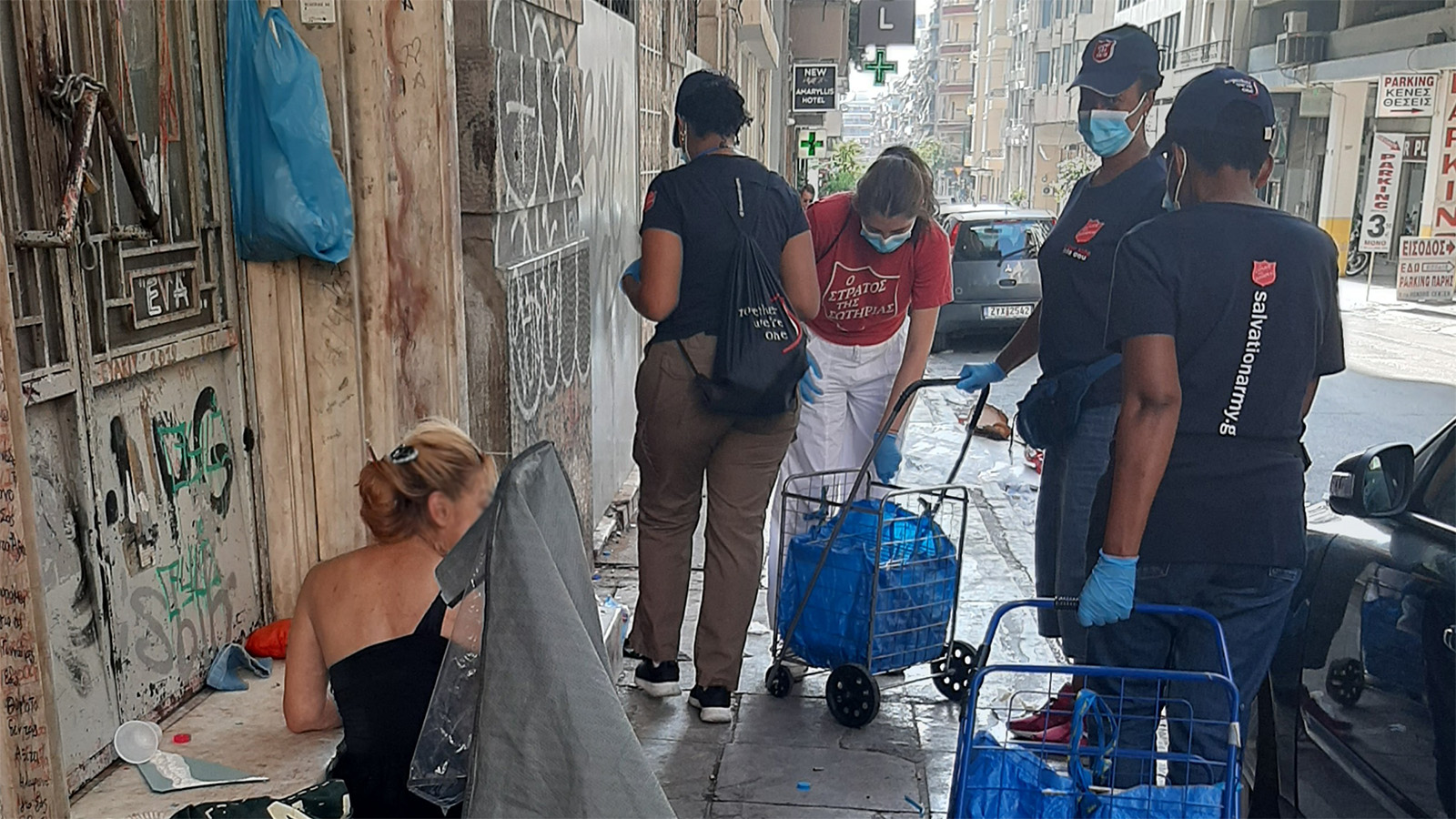
One particular challenge for survivors of MSHT is the lack of legal documents. In Greece, as in many countries, this excludes survivors from legal employment and access to state-related social welfare benefits. Through in-house programmes and local partnerships, the Green Light Project supports women during the long process of applying for a residence permit. Several of the women linked to the project have received their residence permits after previous failed applications and a wait of around two years. Some now have part-time jobs with non-profit businesses in the Athens Freedom Network, a group of Christian-based organisations in the city. The Salvation Army in Italy and Greece is looking into more ways to improve survivor access to legal and dignified employment.
A voice of advocacy
The Green Light Project has raised a voice of advocacy for the survivors of MSHT through ongoing connections with non-governmental organisations and state agencies. This way of cooperating is still relatively new in Greece, but conversations about MSHT are opening up and there is intentionality in bringing together society’s forces to tackle the problem.
The Green Light Project is strengthening its presence and aiming to play a significant role in the work against MSHT in Greece. As Rebecca says, ‘Making the world safer and more dignified is challenging but not impossible’.
